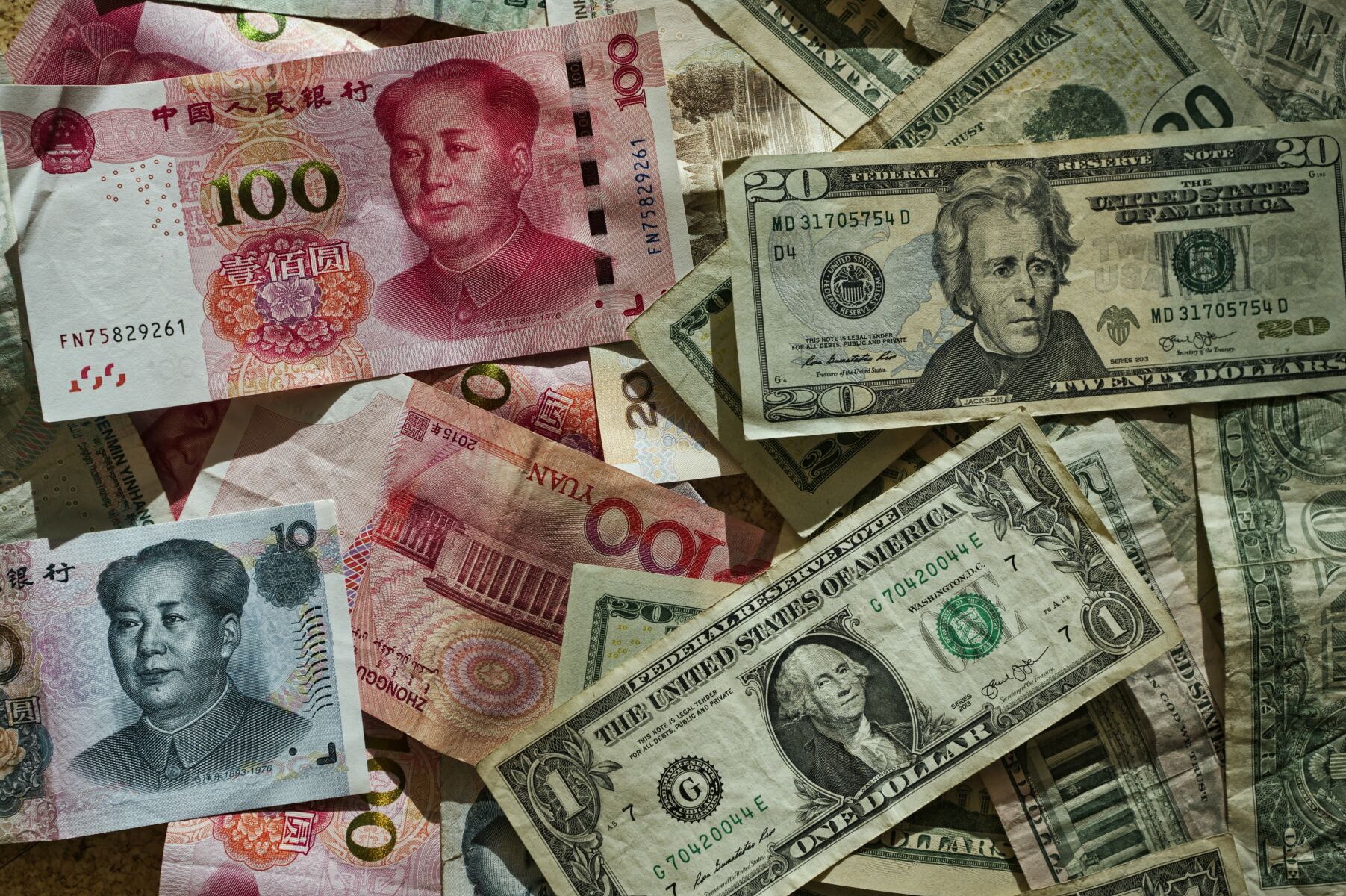Thailand to ease yuan rules for trade amid rising US dollar volatility

Amid the increasing volatility of the US dollar in relation to other global currencies, regulators are considering loosening restrictions on the utilization of the yuan in yuan-baht trade transactions. The Bank of Thailand, in collaboration with Asian and ASEAN central banks, is actively working toward establishing frameworks for local currency settlements. This initiative aims to encourage the use of local currencies in bilateral trade settlements and facilitate direct investments.
Bank of Thailand governor Sethaput Suthiwartnarueput stated that the bank encourages the use of four currencies under local currency settlements, including the Chinese yuan, Japanese yen, Malaysian ringgit, and Indonesian rupiah, to drive trade, investment, and tourism between Thailand and these nations.
The Bank of Thailand and the People’s Bank of China (PBOC) signed the yuan-baht Bilateral Currency Swap Arrangement (BSA) in December 2011, aiming to support trade and investment in local currencies, strengthen bilateral financial cooperation, and boost confidence among the private sector in using local currencies for cross-border operations. The BSA was renewed in 2020, allowing for the exchange of local currencies of up to 70 billion yuan or 370 billion baht for a period of five years, starting from December 2020.
Central bank deputy governor for monetary stability Mathee Supapongse said that the Thai central bank is in talks with the PBOC on how to promote the use of the yuan, with the Bank of Thailand expected to relax rules on yuan usage for trade, investment, and tourism activity this year to help reduce the impact of currency volatility.
Despite efforts to encourage local currency settlement, limited yuan-baht transactions have led the Bank of Thailand to examine barriers, including regulatory limitations. To support yuan cross-border settlement, the central bank and three Thai commercial banks have collaborated to provide a summary of the rules and regulations, as well as other useful information, on the Bank of Thailand website under “RMB Transaction.”
China’s policy to internationalise the yuan began in 2009, promoting it as an international currency. Several commercial banks in Thailand have started to offer yuan-denominated financial products and services, such as yuan deposit accounts and letters of credit, to their clients to give companies more choices for trade payments.
With the Thai economic recovery mainly supported by tourism, China is expected to remain a significant contributor to that sector. Chinese tourists are predicted to increase significantly in the second half of this year.
Last year, China-Thailand’s trade value increased to US$105 billion, representing 17.9% of Thailand’s total trade value. Yuan transactions remain low at 2.26% of total international trade transactions, lagging behind the US dollar, euro, pound, and yen, respectively, reported Bangkok Post.
Latest Thailand News
Follow The Thaiger on Google News:


























